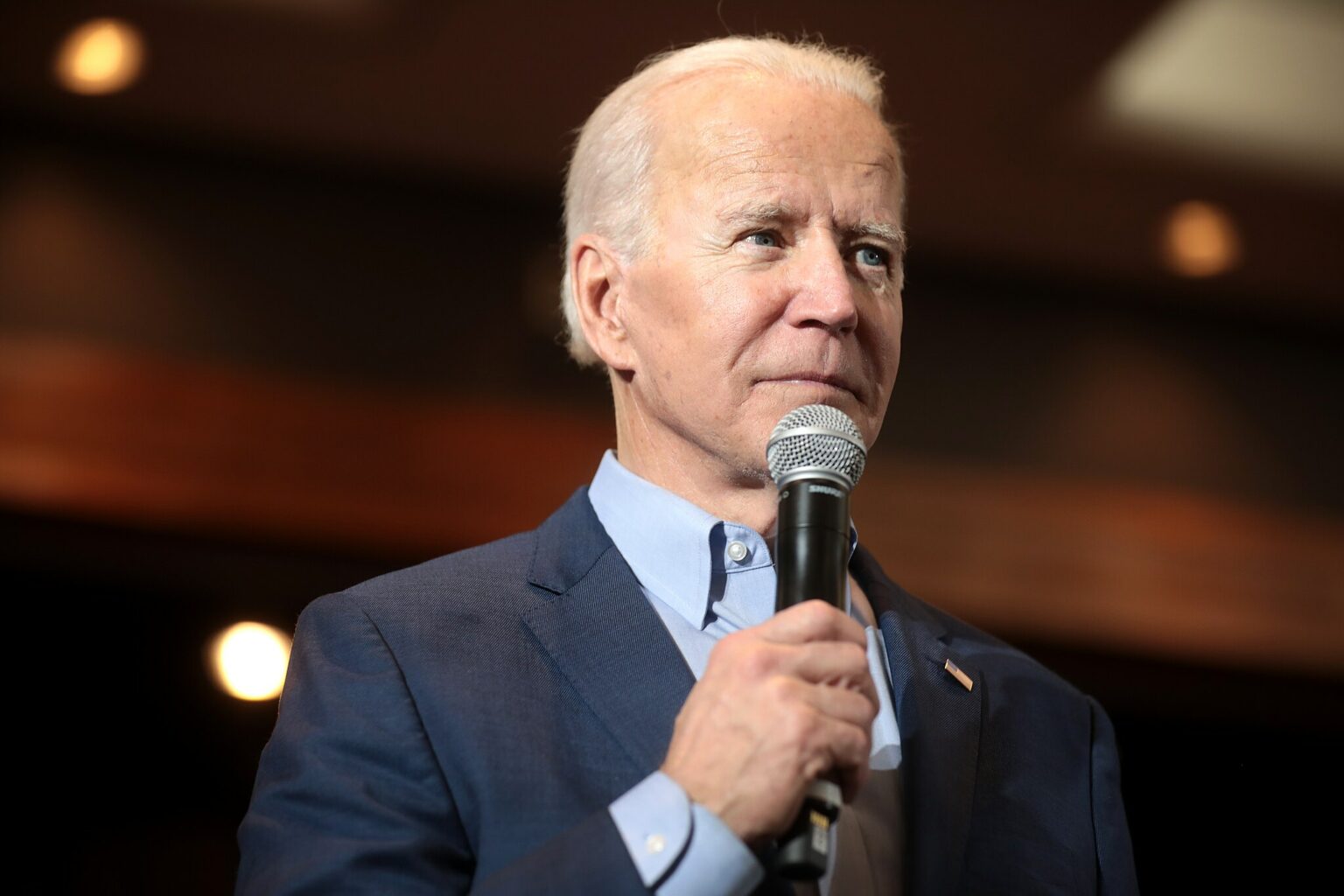Democrats are in panic mode.
Following the first 2024 presidential debate, President Joe Biden finds himself engaged in extensive damage control efforts within Democratic circles, racing against time to mitigate calls for him to step aside from the nomination. Returning to Washington, D.C., after a series of campaign stops and a weekend at Camp David, Biden faced mounting pressure from Democratic lawmakers urging him to consider passing the torch to potential successors like Vice President Kamala Harris or Governor Gavin Newsom.
Democratic strategists, reflecting on Biden’s debate performance, highlighted concerns over the viability of alternative candidates. Despite polling suggesting Harris might fare better than Biden against Donald Trump, the overall popularity of potential successors remains contentious. A veteran Democratic operative stressed Biden’s role in preventing another Trump presidency but acknowledged the critical need for Biden to reassure donors and voters amidst scrutiny over his age and health.
With less than four months until the election and the convention approaching rapidly, strategists cautioned that a late-stage replacement might struggle to effectively campaign against Trump. This challenge echoes Biden’s past controversies, such as his withdrawal from the 1988 primary due to plagiarism allegations.
White House press secretary Karine Jean-Pierre attributed Biden’s debate performance to a minor cold, downplaying its implications on his candidacy. She emphasized historical precedents where incumbent presidents initially struggled in debates but recovered. Biden’s subsequent plans included extensive outreach to Democratic leaders and governors, media appearances, and campaign stops aimed at bolstering support and countering doubts.
Efforts to reassure Democratic allies included calls to prominent figures like House Minority Leader Hakeem Jeffries and Senator Chris Coons, as well as scheduled meetings with key governors. Despite internal polling indicating a slip in Biden’s standing post-debate, campaign officials highlighted the fluid nature of polling and urged resilience among staff.
Meanwhile, Vice President Harris continued her campaign engagements following the debate, with a scheduled private lunch with Biden at the White House suggesting ongoing collaboration amidst political pressures.
Throughout these developments, the White House and Biden’s campaign team remained steadfast in their defense of his candidacy, dismissing reports of internal discord and focusing on rallying support behind Biden’s accomplishments and leadership.
In summary, as Biden navigates turbulent political waters post-debate, his administration and campaign strive to maintain unity and momentum amidst calls for change within Democratic ranks, aiming to secure his position as the party’s nominee in the upcoming election.
